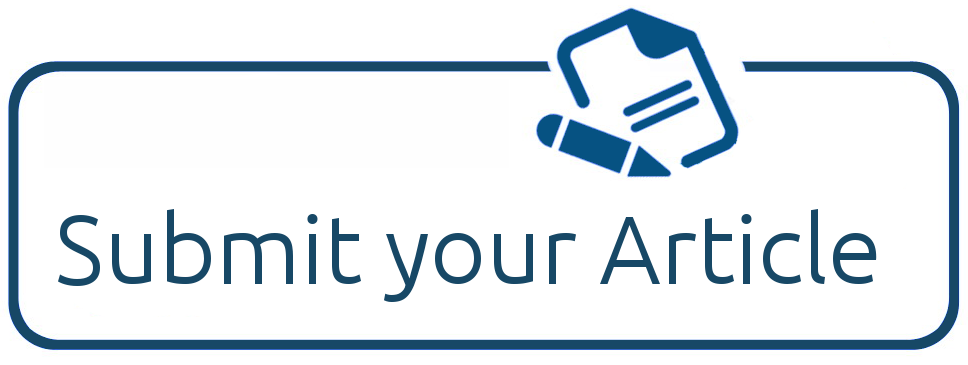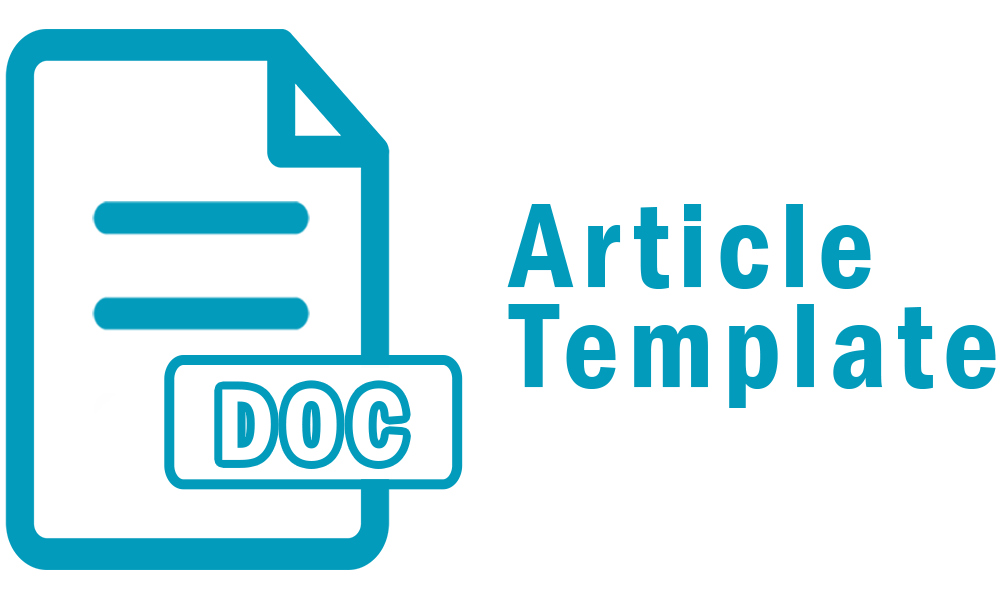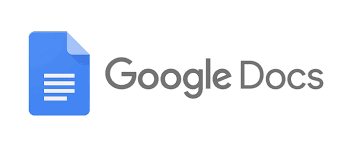The Role of the Knowledge Economy in Bridging the Digital Divide In Light of international Experiences
A Case Study of Yemen
DOI:
https://doi.org/10.58963/qausrj.v29i29.312Keywords:
Knowledge Economy , Digital Divide , Yemen , Economic Development , International ExperiencesAbstract
This study aims to clarify the role of the knowledge economy in bridging the digital divide in Yemen, identify key international experiences in the transition to a knowledge economy, and examine how Yemen can benefit from these experiences.
The inductive approach was used to investigate the topic of this study. Additionally, a descriptive methodology was used to study the relationship between the knowledge economy and bridging the digital divide in Yemen. Second, a qualitative methodology was used to present the most important international experiences in the transition to a knowledge economy, and the extent to which Yemen has benefited from these experiences.
The study reached a number of conclusions, the most important of which is that strengthening the system of research, innovation, and technical development of the computer infrastructure increases the added value of knowledge in the national economy, which leads to bridging the digital divide in Yemen.
In addition to adopting policies that ensure the development of human resources in the public and private business sectors and the education sector at all levels, this is achieved by disseminating a high level of knowledge and leveraging international experiences in the transition to a knowledge economy.
Downloads
References
Drucker, Peter F. , & Safire, William. (1969). The Age Of Discontinuity; Guidelines To Our Changing Society. Harper & Row, New York.
United Nations, Department of Economic, & Social, Affairs. (2014). United Nations E-government Survey 2014: E-Government for the future we want. United Nations Publications.
أبو الشامات, محمد. (2012). اتجاهات اقتصاد المعرفة في البلدان العربية. مجلة جامعة دمشق للعلوم الاقتصادية والقانونية, 28(1), 229-250. https://search.emarefa.net/detail/BIM-665097
Abu Al-Shamat, M. (2012). Trends of the Knowledge Economy in Arab Countries. Damascus University Journal of Economic and Legal Sciences, 28(1), 229-250. https://search.emarefa.net/detail/BIM-665097
أحمد, هالة رؤوف. (2013). الفجوة الرقمية. In: شبكة الألوكة.
Ahmed, H. R. (2013). The Digital Divide. In: Alukah Network.
الثقفي, محمد بن شديد شداد, & عبدالرؤوف, محمد، إبراهيم عبدالله. (2015). آليات التحول نحو اقتصاد المعرفة: دراسة تحليلية مع إشارة لرؤية الشريعة الإسلامية. المجلة الدولية للبحوث النوعية المتخصصة, 6(11), 1735-1748. (الأكاديمية العربية للعلوم الإنسانية والتطبيقية)
Al-Thaqafi, M. bin Shaddad Shaddad, & Abdul-Raouf, M. I. A. (2015). Mechanisms of Transformation towards a Knowledge Economy: An Analytical Study with Reference to the Vision of Islamic Sharia. The International Journal for Specialized Qualitative Research, 6(11), 1735-1748. (Arab Academy for Human and Applied Sciences)
الرازي, محمد بن أبي بكر. (1983). مختار الصحاح. دار الرسالة.
Al-Razi, M. ibn Abi Bakr. (1983). Mukhtar Al-Sihah. Dar Al-Risala.
السلاموني, هاني. (2015). تجربة سنغافورة في التنمية الاقتصادية. In: المصري اليوم.
Al-Salamouni, H. (2015). Singapore's Experience in Economic Development. In: Al-Masry Al-Youm.
المؤتمر الدولي الافتراضي الاول تداعيات أزمة كورونا. (2020). مؤتمر المجتمع العربي نحو اقتصاد المعرفة.
The First Virtual International Conference on the Repercussions of the Corona Crisis. (2020). The Arab Society Towards a Knowledge Economy Conference.
النجار, إخلاص باقر, & حسين, مصطفى مهدي. (2008). قياس وتحليل الفجوة الرقمية في الوطن العربي. مجلة العلوم الاقتصادية, 6(22), 115-152.
Al-Najjar, I. B., & Hussein, M. M. (2008). Measuring and Analyzing the Digital Divide in the Arab World. Journal of Economic Sciences, 6(22), 115-152.
بسيوني, محمد سليم. (2010). دور تكنولوجيا المعلومات والاتصال في تكييف التعليم مع اقتصاد المعرفة في الدول النامية. المجلة المصرية للتنمية والتخطيط, 18(2), 1-46.
Basyouni, M. S. (2010). The Role of Information and Communication Technology in Adapting Education to the Knowledge Economy in Developing Countries. The Egyptian Journal of Development and Planning, 18(2), 1-46.
حامد, محمد رؤوف. (2015). صناعة التكنولوجيا عالميًّا وعربيًّا بين القطاع الخاص والعام. https://acpss.ahram.org.eg/
Hamed, M. R. (2015). The Technology Industry Globally and in the Arab World between the Private and Public Sectors. https://acpss.ahram.org.eg/
حيدر, فهمي. (2002). نظم المعلومات: مدخل لتحقيق الميزة التنافسية. الدار الجامعية.
Haydar, F. (2002). Information Systems: An Approach to Achieving Competitive Advantage. Al-Dar Al-Jami'iyah.
زحلان, أنطوان. (1999). مضامين الفجوة التقانية المتوسعة. المستقبل العربي, 22(248), 34-51.
Zahlan, A. (1999). The Implications of the Widening Technological Gap. Al-Mustaqbal Al-Arabi, 22(248), 34-51.
س, لال،. (1985). صادرات التكنولوجيا الهندية والتطور التكنولوجي: دروس للبلدان النامية. بحوث ومناقشات الندوة العلمية التي نظمتها اللجنة الاقتصادية لغربي اسيا, بيروت, لبنان.
Lall, S. (1985). Indian Technology Exports and Technological Development: Lessons for Developing Countries. Research and discussions of the scientific symposium organized by the Economic Commission for Western Asia, Beirut, Lebanon.
سراج الدين, إسماعيل. (2009). حرية تداول المعلومات في مصر. مكتبة الإسكندرية.
Serageldin, I. (2009). Freedom of Information in Egypt. Bibliotheca Alexandrina.
شرهان, أرفق محمد, قادري, أسماء, الرياشي, تغريد, الجلال, عبدالواحد, الصريمي, عبير, العزاني, منير, & اليعيشي, وفاء. (2023). تأثير اقتصاد المعرفة في تطوير الخدمات الصحية دراسة تطبيقية على المستشفيات العامة والخاصة بمدينتي ذمار ورداع. مجلة جامعة البيضاء, 5(4). https://doi.org/10.56807/buj.v5i4.407
Sharhan, A. M., Qadri, A., Al-Riyashi, T., Al-Jalal, A., Al-Suraimi, A., Al-Azzani, M., & Al-Yaishi, W. (2023). The Impact of the Knowledge Economy on the Development of Health Services: An Applied Study on Public and Private Hospitals in the Cities of Dhamar and Rada'a. Al-Baydha University Journal, 5(4). https://doi.org/10.56807/buj.v5i4.407
ﻋﺑداﻟﻣﻧﻌم, ھﺑﺔ, & ﻗﻌﻟول, ﺳﻔﯾﺎن. (2019). اقتصاد المعرفة: ورقة إطارية.
Abdel-Moneim, H., & Qa'loul, S. (2019). The Knowledge Economy: A Framework Paper.
علي, نبيل, & حجازي, نادية (2005). الفجوة الرقمية: رؤية عربية لمجتمع المعرفة. المجلس الوطني للثقافة والفنون والآداب.
Ali, N., & Hejazi, N. (2005). The Digital Divide: An Arab Vision for a Knowledge Society. The National Council for Culture, Arts, and Letters.
علي, نبيل, حجازي، نادية, & علاوي, كاظم، كامل. (2014). الفجوة الرقمية : رؤية عربية لمجتمع المعرفة. مجلة الغري للعلوم الاقتصادية والإدارية(4), 2. (جامعة الكوفة - كلية الإدارة والاقتصاد)
Ali, N., Hejazi, N., & Allawi, K. K. (2014). The Digital Divide: An Arab Vision for a Knowledge Society. Al-Ghari Journal of Economic and Administrative Sciences, (4), 2. (University of Kufa - College of Administration and Economics)
عليان, ربحي مصطفى. (2010). اقتصاد المعرفة. دار صفاء للنشر والتوزيع.
Alian, R. M. (2010). The Knowledge Economy. Dar Safaa for Publishing and Distribution.
فهمي, رائد. (2014). مساهمة إقتصاد المعرفة في تحقيق التنمية المستدامة. الثقافة الجديدة(370).
Fahmy, R. (2014). The Contribution of the Knowledge Economy to Achieving Sustainable Development. Al-Thaqafa Al-Jadida, (370).
فيليب, يو،. (2018). رأس المال البشري ركيزة الاقتصاد المعرفي. In: محاضرة في منتدى مؤسسة عبد الحميد شومان.
Philip, Y. (2018). Human Capital as the Cornerstone of the Knowledge Economy. In: A lecture at the Abdul Hameed Shoman Foundation Forum.
مركز-الروابط. (2015). الفجوة الرقمية تعرقل النمو والتنمية على المستوى العالمي. مركز الروابط للبحوث والدراسات الاستراتيجية. https://rawabetcenter.com/archives/6263
Rawabet Center. (2015). The Digital Divide Hinders Growth and Development at the Global Level. Rawabet Center for Research and Strategic Studies. https://rawabetcenter.com/archives/6263
مركز الاهرام للدراسات السياسية والاستراتيجية. https://acpss.ahram.org.eg/
Al-Ahram Center for Political and Strategic Studies. https://acpss.ahram.org.eg/
مسلم, عبدالله حسن. (2015). إدارة المعرفة وتكنولوجيا المعلومات. دار المعتز للنشر والتوزيع.
Muslim, A. H. (2015). Knowledge Management and Information Technology. Dar Al-Moataz for Publishing and Distribution.
Downloads
Published
Issue
Section
Categories
License
Copyright (c) 2025 the Author(s).

This work is licensed under a Creative Commons Attribution 4.0 International License.











